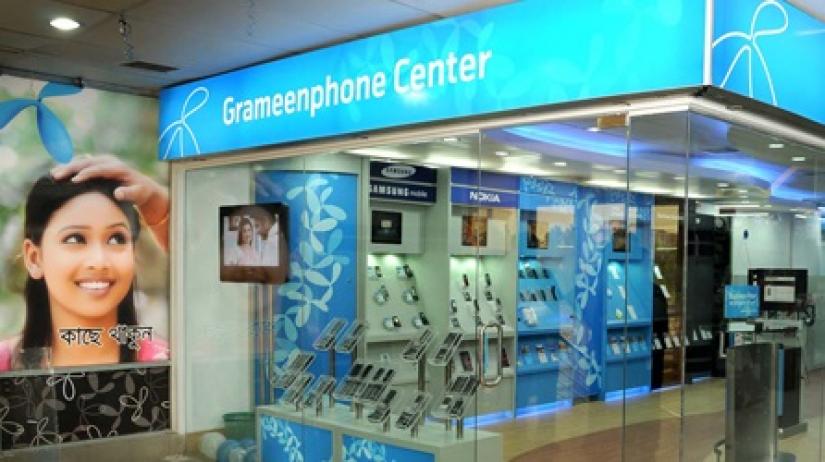 The Bangladesh Telecommunication Regulatory Commission (BTRC) in November implemented the Significant Market Power (SMP) regulation in order to enhance competition in the telecom industry.
The Bangladesh Telecommunication Regulatory Commission (BTRC) in November implemented the Significant Market Power (SMP) regulation in order to enhance competition in the telecom industry.
The move was made to control the growth of one particular company and giving the competitors in the sector a chance.
The country’s leading mobile operator, Grameenphone (GP) became the first to be declared as a significant market power operator on Feb 10 this year.
“We took the step to bring back balance in the market and especially make the telecommunication sector competitive and orderly,” said BTRC Senior Assistant Director (Media) Zakir Hossain Khan.
“According to the regulation they can continue branding after a limited amount of time but cannot continue any marketing campaigns in the media,” he added.
Hossain said that BTRC has the jurisdiction to initiate legal measures if any organisation does not stick to the regulation.
What does the SMP regulation say?
The state’s regulatory commission decreed that according to section 7 (11), an organisation will be declared SMP if one of the three factors go above 40 percent. The factors are: users, revenue earned and spectrum.
GP was declared SMP as its user was 40 percent more than the other operators and revenue was 47.5 percent. In fact, their revenue was 40 percent more than that of the whole telecommunication sector.
Since the operator’s spectrum was 37 megahertz, it was declared SMP based on its users and revenue.
GP was not provided with the list of dos and don’ts after it was initially declared to be SMP. However, the regulator slapped 15 conditions on the telco.
The most significant of these restrictions was that the mobile operating company was forbidden from advertising their packages, offers and call rates.
Moreover, they have been barred from signing independent agreements, their call drops rate cannot under any circumstances cross two percent and their Mobile Number Portability (MNP) lock time will be 30 days and they cannot carry out any market communication throughout the country.
The guidelines will be reviewed after six months and undergo periodic reviews every one year.
The BTRC restrictions are not expected to hinder GP’s overall growth but people familiar with the matter say that if it can’t be controlled the company’s sale of SIM cards might be restricted.
They might only be allowed sell SIM cards only on weekends, sources say.
GP, however, has opened a legal battle over the new BTRC restrictions.
“We have lodged a petition with the High Court in order to protect the rights of the shareholders and customers,” its Head of Communications Syed Talat Kamal told Bangla Tribune.
He added that the court has issued a rule over the defendants and froze on the BTRC restrictions, which “hinder people’s freedom of choice”.
Kamal said that in order to encourage competition the SMP regulations should be made in line with conventional international laws.






